Baking soda is a gardener’s best friend: here are 10 clever uses in the garden

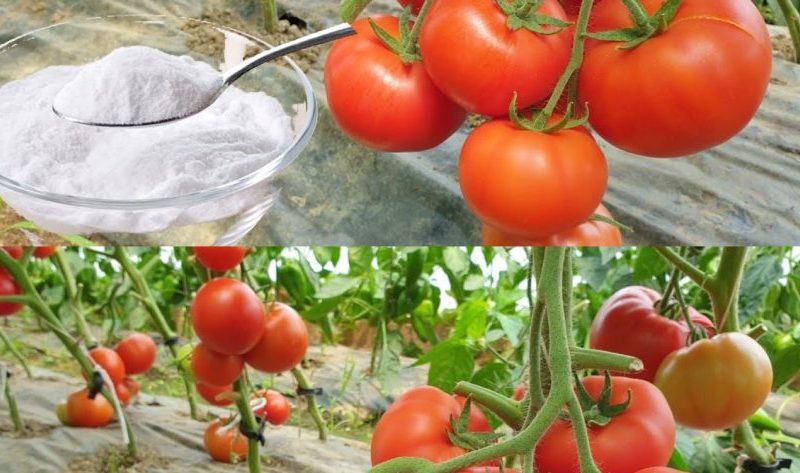
When it comes to tending to your garden, you might be surprised to learn that one of the most versatile and cost-effective tools at your disposal is likely sitting in your kitchen pantry. Baking soda, a common household ingredient, has a range of clever uses that can benefit your garden in numerous ways. In this article, we will explore ten clever uses of baking soda that make it a gardener’s best friend, offering natural solutions to common gardening challenges.
1. Natural Fungicide:

Tackle fungal diseases head-on with a natural baking soda fungicide. Mix one tablespoon of baking soda, a gallon of water, and a few drops of liquid soap. Apply this solution to plants afflicted by powdery mildew, black spot, or other fungal infections. For best results, repeat every one to two weeks, adjusting the frequency based on the severity of the issue.
2. Weed Killer:
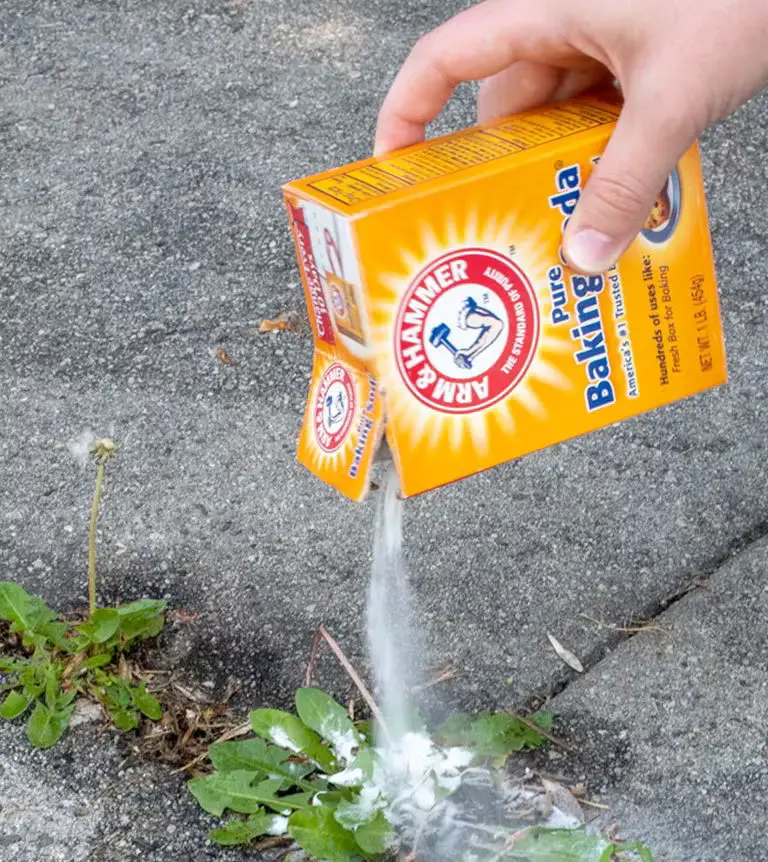
Bid farewell to pesky weeds without resorting to harsh chemicals. Simply sprinkle baking soda directly on unwanted weeds, taking care to shield desirable plants. The baking soda disrupts weed cell walls, leading to their gradual demise.
3. Pest Deterrent:
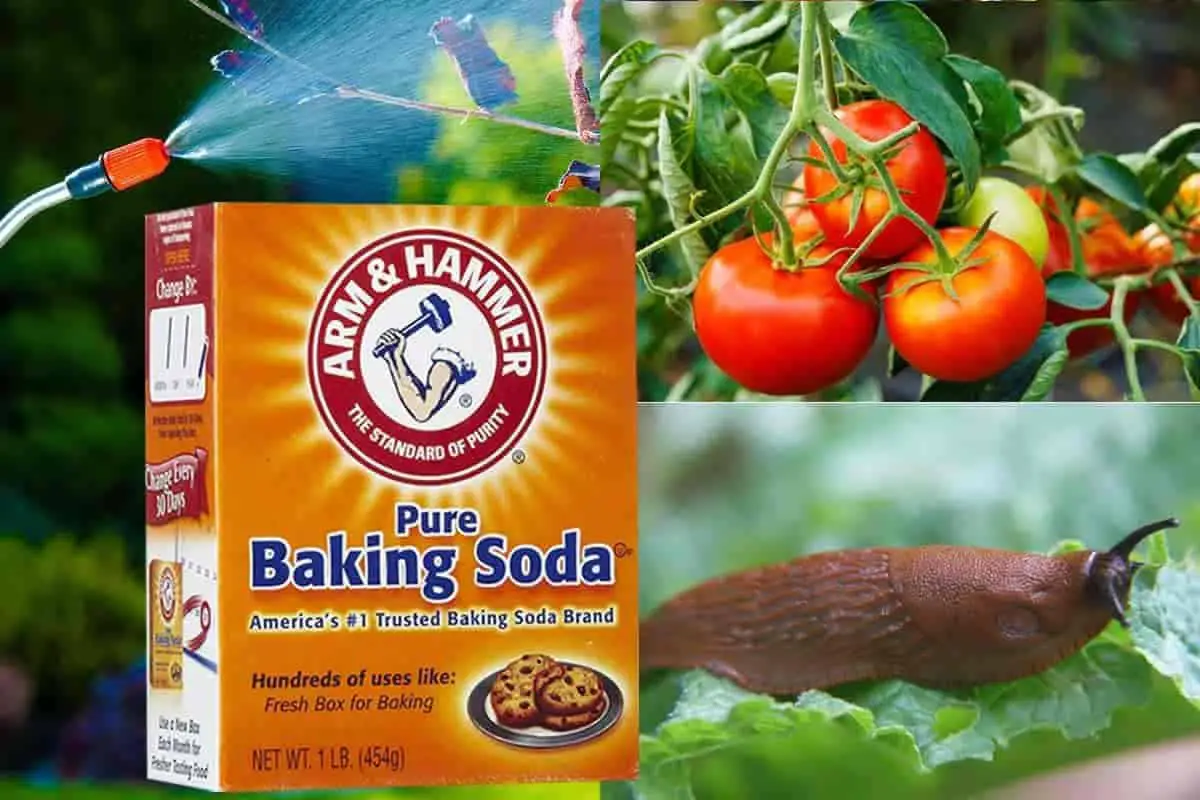
Defend your garden against pests using a simple baking soda and flour mixture. Combine equal parts baking soda and flour, then dust it onto plants prone to invaders like cabbage worms or aphids. The baking soda acts as a natural deterrent while keeping your plants unharmed.
4. Soil Amendment:
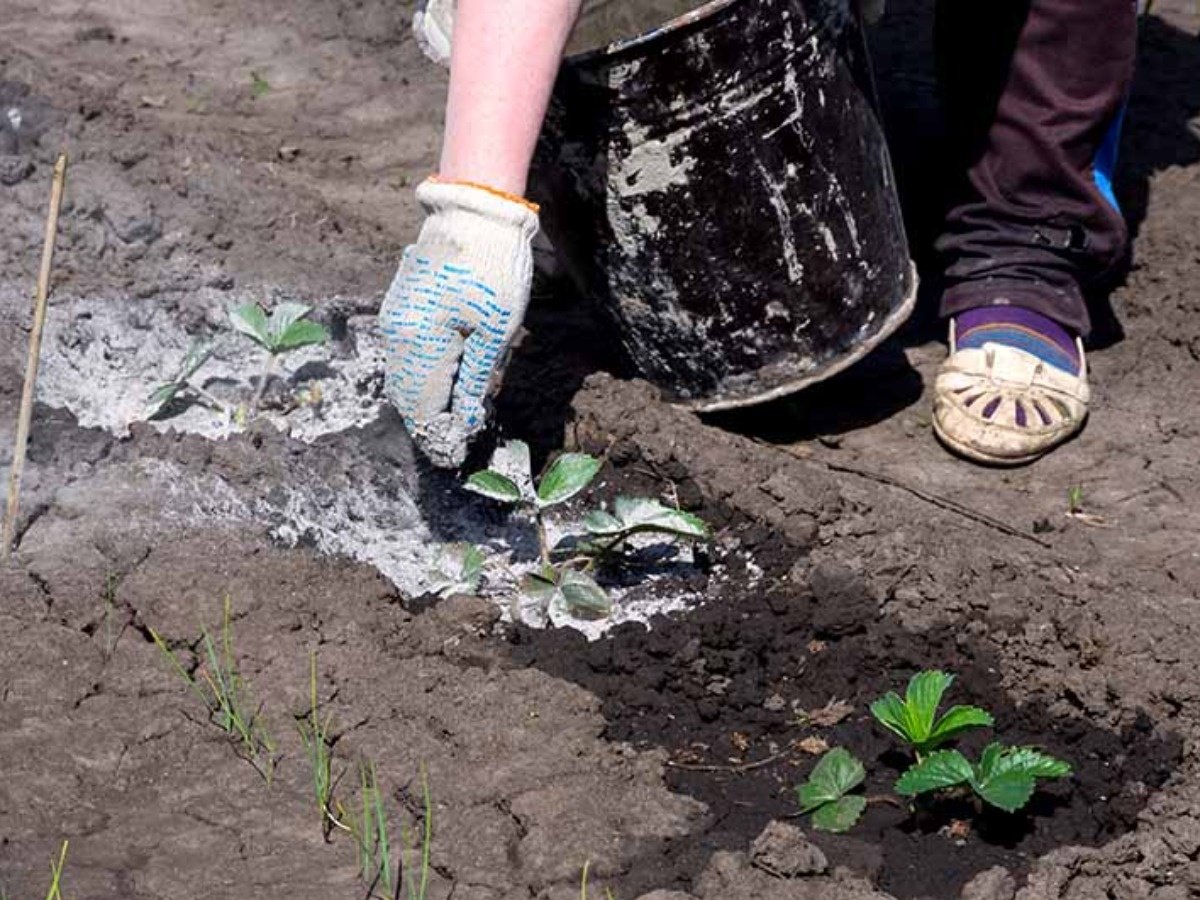
Achieve optimal soil pH levels with baking soda as your secret weapon. When soil becomes overly acidic, introducing baking soda can help restore balance. Prioritize a soil pH test to ensure precise application tailored to your plants' needs.
5. Tomato Sweetener:
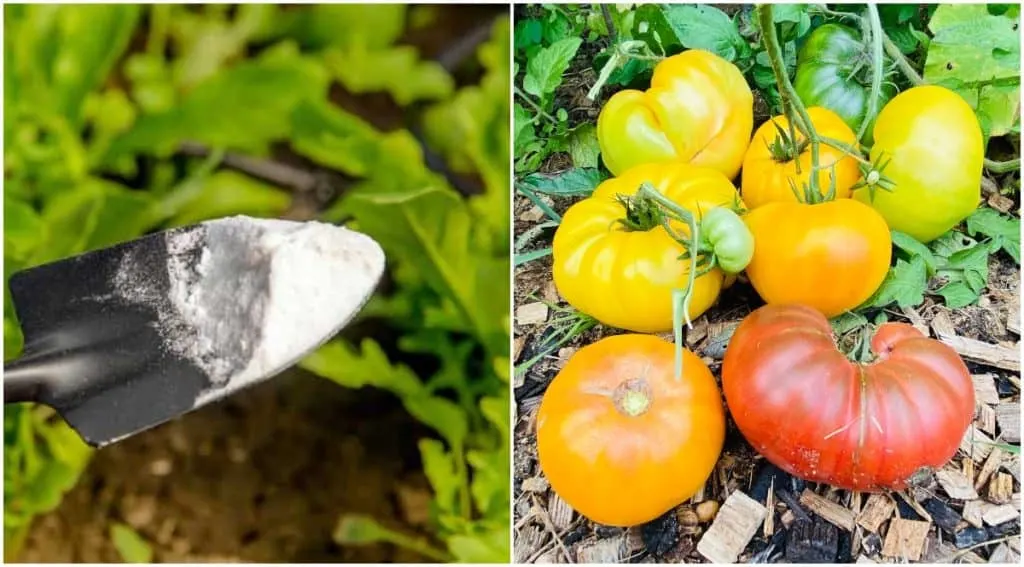
For sweeter tomatoes, employ baking soda as your garden sorcerer. Sprinkle a small amount around the base of tomato plants to influence soil acidity, resulting in delectably sweet tomatoes. This technique proves especially effective in counteracting acidic soil conditions.
6. Compost Enhancer:
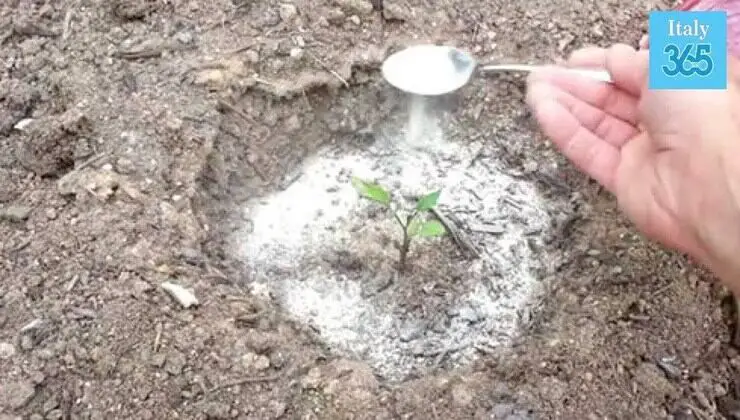
Elevate your compost game by introducing baking soda. This ingredient accelerates decomposition by fostering an alkaline environment that promotes the growth of beneficial microorganisms. Witness your organic matter break down more efficiently.
7. Odor Absorber:
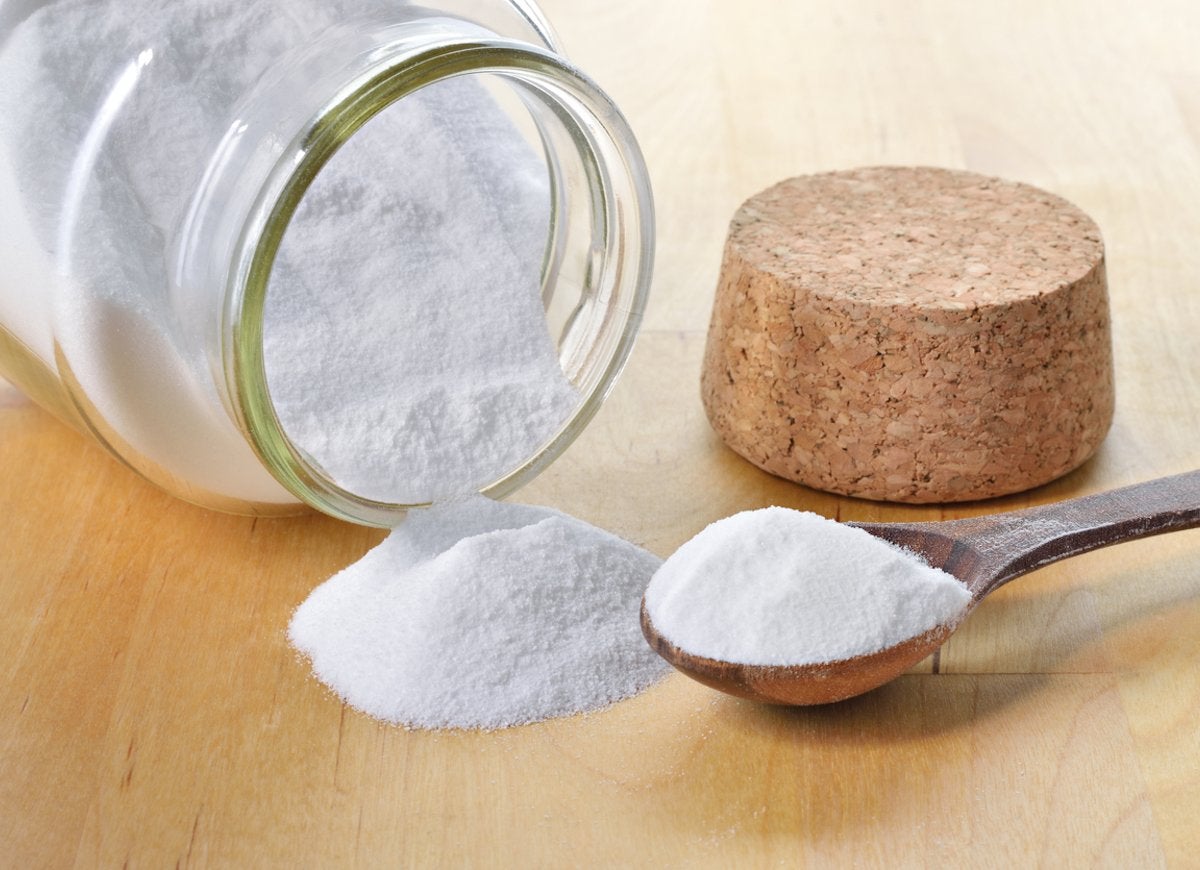
Say goodbye to garden odors with the odor-absorbing prowess of baking soda. Whether emanating from compost bins or after fertilization, a sprinkle of baking soda effortlessly absorbs and neutralizes unpleasant scents.
8. Tool Cleaner:
Revive grimy, rust-ridden gardening tools with a baking soda makeover. Create a paste by blending baking soda with water and apply it to your tools. The gentle abrasiveness of baking soda works wonders in eliminating dirt and rust, leaving your tools rejuvenated and ready for action.
9. Seed Germination:
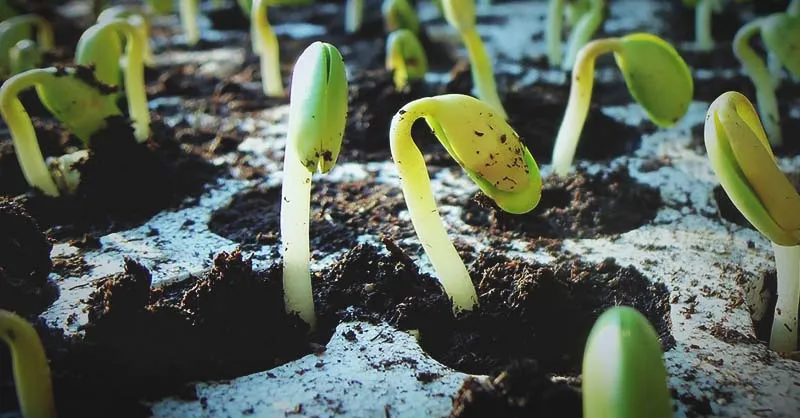
Empower seed germination with a baking soda boost. Soak seeds in a water and baking soda mixture overnight before planting. This treatment aids in softening the seed coat, paving the way for successful germination.
10. Ant Repellent:

Bid adieu to bothersome ants by utilizing baking soda. Create a protective barrier by sprinkling baking soda around plants or along ant trails. The baking soda disrupts their scent trails, thwarting their advance towards your cherished plants.
From eradicating fungal foes to nurturing growth, baking soda is a true garden virtuoso. Embrace its cost-effective versatility and incorporate these ten ingenious uses into your gardening routine. With baking soda as your ally, you'll cultivate a flourishing, chemical-free garden that thrives with health and productivity. Unleash the potential of baking soda and elevate your gardening endeavors to new heights.
Source: https://craftygoldenmom.com
DISCLAIMER: THIS WEBSITE DOES NOT PROVIDE MEDICAL ADVICE The information, including but not limited to, text, graphics, images and other material contained on this website are for informational purposes only. The purpose of this website is to promote broad consumer understanding and knowledge of various health topics. It is not intended to be a substitute for professional medical advice, diagnosis or treatment. Always seek the advice of your physician or other qualified health care provider with any questions you may have regarding a medical condition or treatment and before undertaking a new health care regimen, and never disregard professional medical advice or delay in seeking it because of something you have read on this website.
